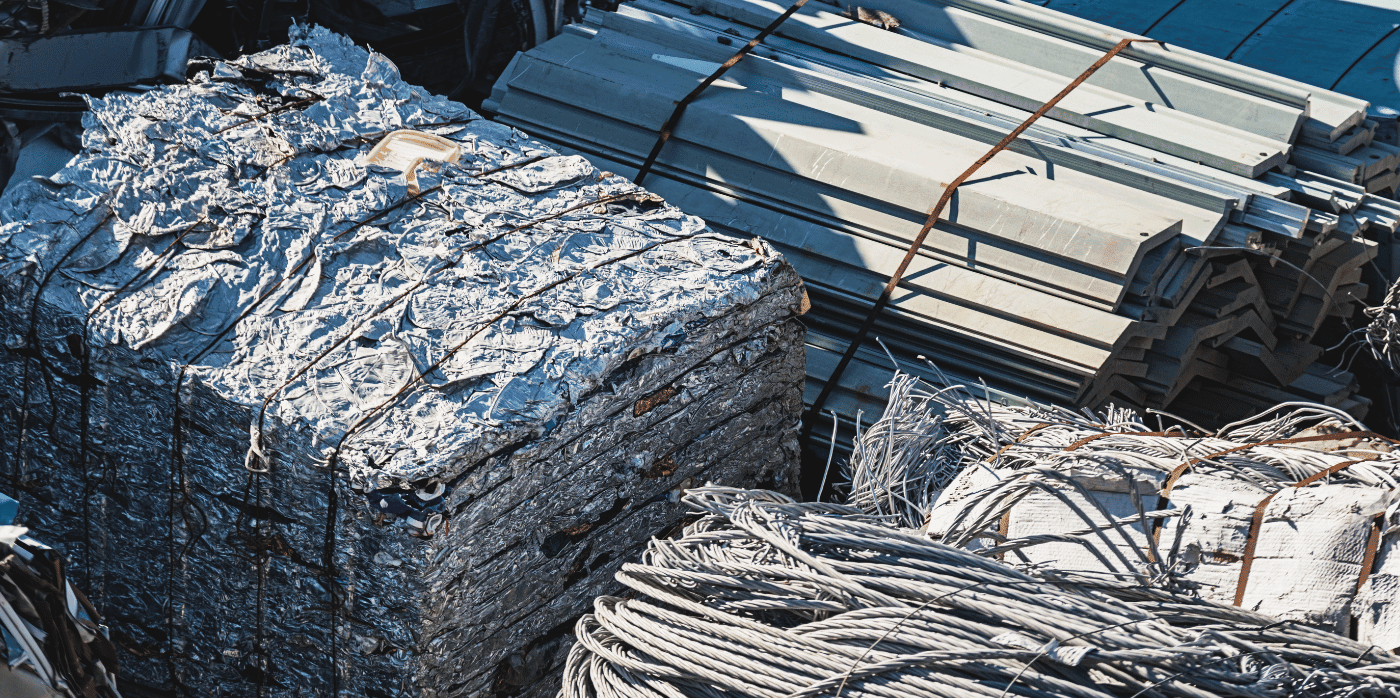
Spotted: Metals such as steel, copper and nickel are vital components of global infrastructure and consumer goods. While the production of primary metals is very carbon and energy-intensive, metals can be recycled essentially forever without any loss in quality. Although around 70 per cent of US and 55 per cent of European steel production is based on recycled steel, other metals are not recycled as assiduously. Startup Metcycle is working to improve this by digitally facilitating international scrap metal trading.
Metcycle directly connects verified buyers and sellers of scrap metal, allowing both to benefit from direct negotiation, with better prices, better margins, and time savings. The startup verifies each company involved using external providers. They also work with an external financial service provider that facilitates each payment and holds the funds secure in an individual escrow account until the goods have been delivered, adding additional security.
By providing a one-stop-shop for scrap metal buying and selling, Metcycle’s platform eliminates the time and cost involved in steps such as obtaining letters of credit. In addition, both parties in the transaction have full transparency on the status of each transaction and can directly communicate with each other. Metcycle makes its money by charging a 4 per cent commission on the transaction value (reduced to 2 per cent during the launch phase. The cost of the commission is split 50/50 between buyer and seller.
Co-founder Sebastian Brenner recently explained the benefit of using a broker like Metcycle, “For suppliers, Metycle takes the pain of negotiating, monitoring payment and logistics flows. For buyers, we give access to prime quality material, payment options in local currency, and at payment terms.”
Production of primary metals is incredibly energy intensive. This means that decarbonising the metal manufacturing industry is vital to achieving net zero. Luckily, there are an increasing number of innovations that are helping with this. These include the use of AI to improve efficiency and a new process that can reduce the carbon emissions from steel furnaces by 90 percent.
Written By: Lisa Magloff

